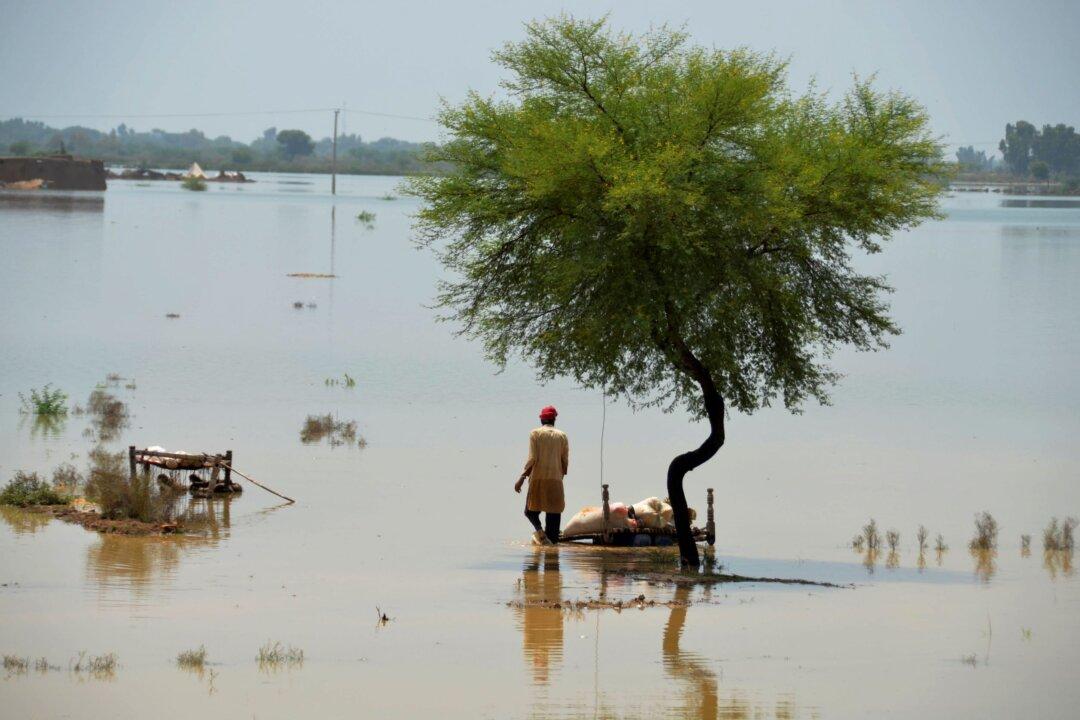Pakistan will seek financial aid from various institutions to support its rehabilitation in the wake of heavy monsoon rains and floods that cost the country’s economy over $4 billion, its foreign minister said on Sunday.
At least 1,033 people have died and over 33 million others were affected in Pakistan due to flash floods caused by heavier-than-usual monsoon rains that began in June. Sindh and Balochistan were among the provinces devastated by the floods.





